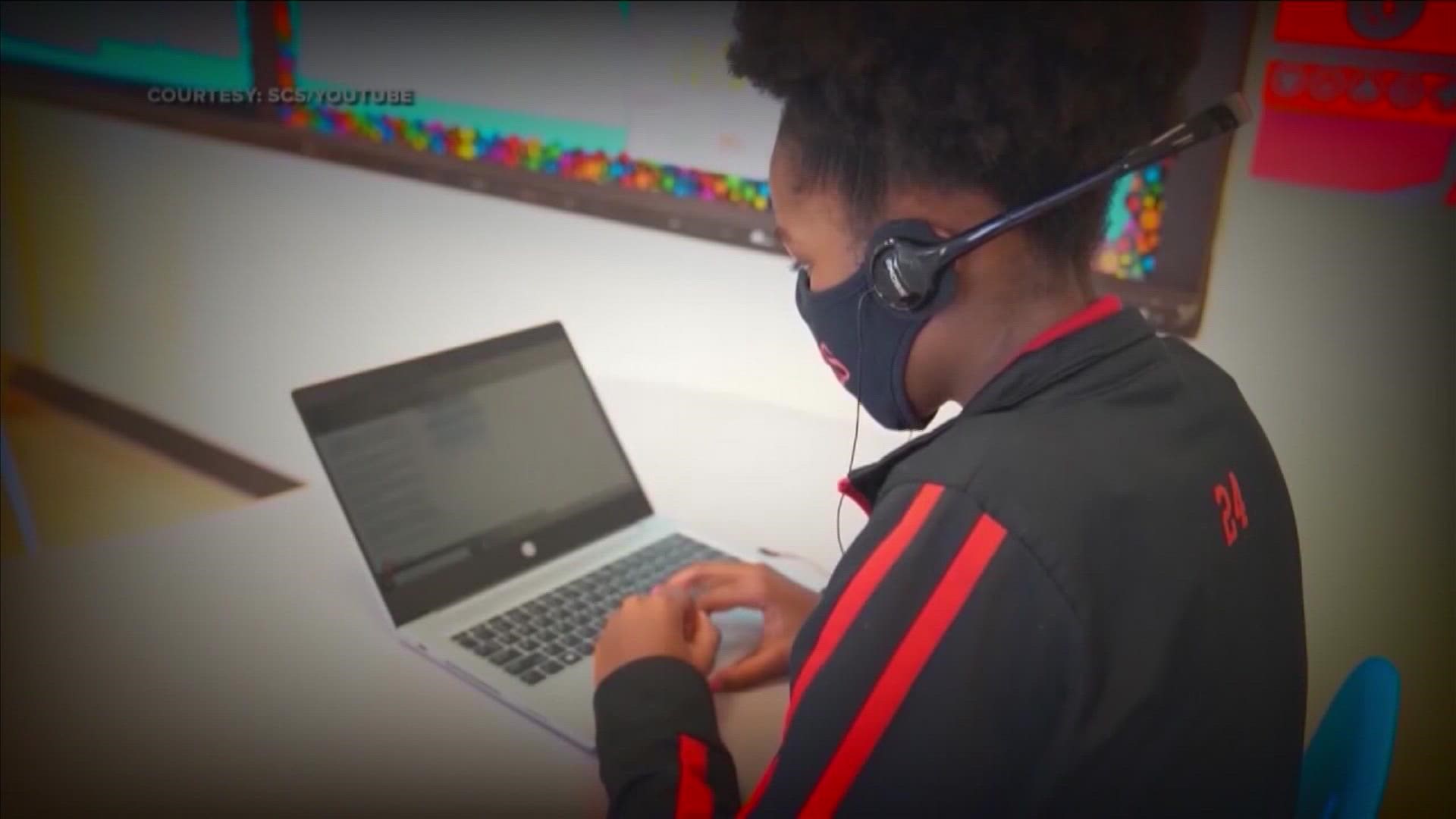MEMPHIS, Tenn. — If you’re living in Memphis, chances are you’ve experienced first-hand housing issues or transportation woes.
According to new data, Tennessee has gotten a failing grade when it comes to accessibility and house affordability.
The Arc Mid-South said five out of 10 people calling them every single day cannot find affordable housing.
Many barriers for people living with disabilities start while young.
“Imagine hitting a stopping point every time you’re trying to do something,” said Leah Williamson, a parent who has three children with disabilities.
Williamson’s 19-year-old son, Malcolm, is deaf.
An outing as simple as seeing a movie – can be a challenge.
“Do I think that there needs to be an interpreter each and every place he goes?” she said. “No. He understands he has to navigate a hearing world, he does and I very much prepared him for that but things where there should be an interpreter, at school at the doctor’s office.”
Leah works with the Center for Independent Living. Her 15-year-old son, Malachi, has ADHD, and her third-grader, Carpenter, has extra fluid on his brain.
She gives his school, under MSCS, a 4 out of 10 when it comes to ease for children with disabilities.
“They weren’t always understanding he’s had to miss school a lot he was sick a lot and so it’s those things you don’t want to have to be concerned about truancy when your child has disabilities,” Williamson said.
As children with disabilities grow older, advocates say affordable housing may be a barrier.
“We are seeing people that are coming into the city and the state and buying a lot of the houses,” said Carlene Leaper, the executive director of the Arc Mid-South. “So what that is doing for the individuals that we serve, is making it really difficult for them to afford rental property.”
Leaper said while Section 8 people are qualifying, “maintenance and the upkeep of the houses is almost like making our people are homeless.”
When it comes to transportation, “we've had people lose jobs in the last two to three years because they couldn't get there on time consistently,” explained Sandi Klink, the executive director of the Center for Living Independently. “Most of them were MATA plus riders who were either blind or visually impaired or had significant physical disabilities.”
The Arc estimates 50% or more people may become homeless in the next five to 10 years if the housing market doesn’t change.

